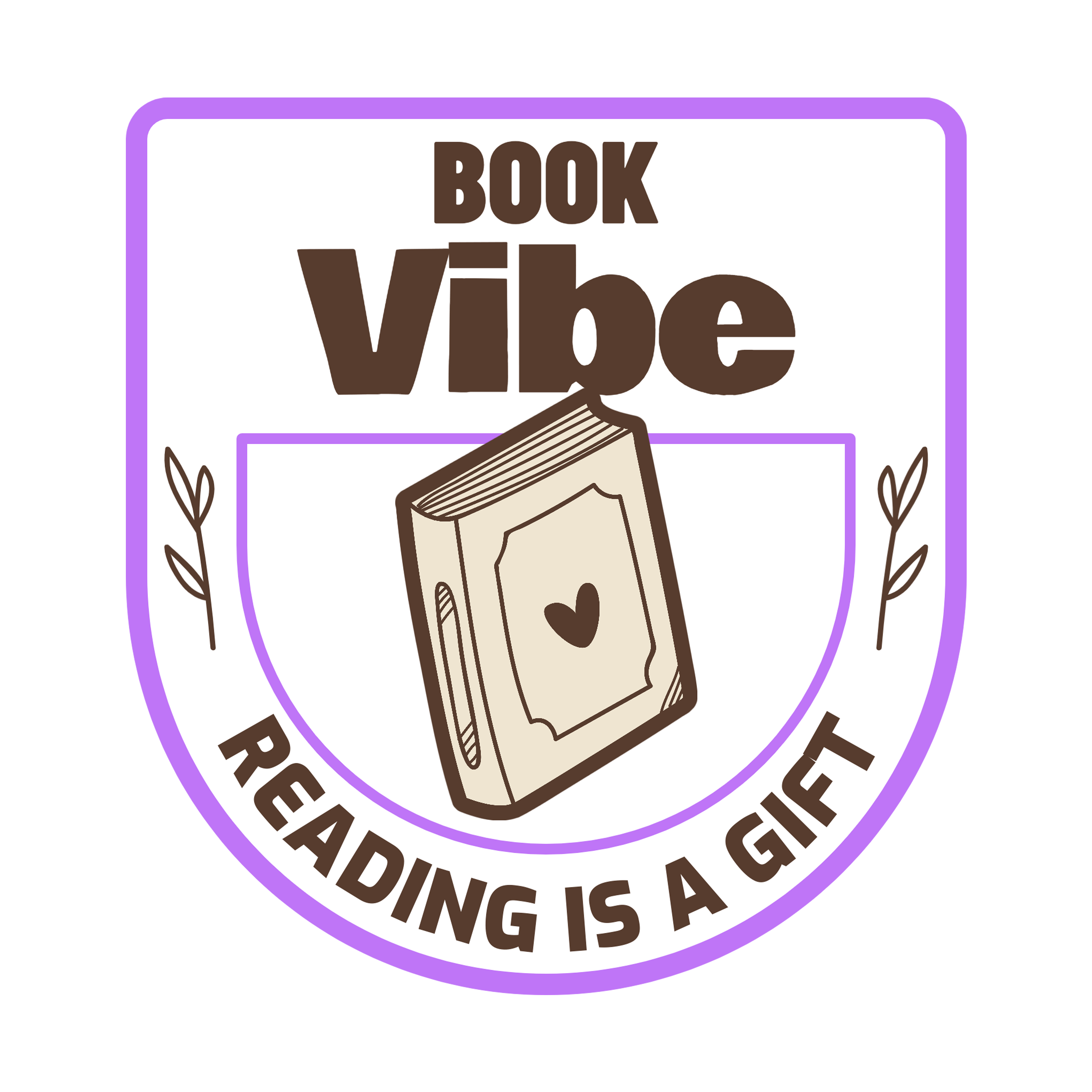
The Power of Storytelling Throughout Mediums
Storytelling is and has always been a universal tongue. From myths shared around campfires to novels that welcome us into rich fictional worlds, stories constitute the material of human imagination. They provide a sense of meaning, emotion, and connection that transcends generations. Storytelling is no longer confined to the page, however. Games, video and analog, have emerged as new arenas where stories assume compelling and unforeseen interactive guises.
What is fascinating about this transition is that the appeal beneath is the same. Individuals read books to discover what occurs next, and people work through quests or obstacles in games to open up outcomes. Anticipation is the common factor, a feeling of strain that leads us to continue discovering.
Why Games Borrow From Literature
No surprise, then, that most modern games mirror the forms of literature. Role playing games draw on epic fantasy series, mystery adventures on detective fiction, and even casual play’s wit on lighthearted comedies. Developers understand that narrative drives emotional investment, without which games can feel hollow.
Players do not simply want to win. They want to belong to a world, learn its inhabitants, and bear the weight of decision. In the same way that the hero of a book must surmount obstacles and make choices, so too does a game request the same of its player. In this way, games and books are opposite sides of the same artistic coin.
Where Chance Meets Narrative
Not every game is built on a grand story, but even the simplest of experiences have narrative undertows. Consider the thrill of not knowing. A whodunit book lives on it, and so do chance games. It is that sense of suspense that keeps readers turning pages and gamers asking for another go.
Here is where entertainment overlaps in interesting places. Most readers who enjoy surprises also like casual games that deliver quick jolts of surprise. It is why someone will read a page-turner one evening and then unwind the next by choosing to play slingo games online where the tension of destiny and the excitement of discovery reflect the exact same sensation in reading. Both offer anticipation with a satisfying payoff, whether it is unveiling the culprit in a whodunit or illuminating a jackpot combination.
Escapism Through Different Doors
Books offer one of the earliest forms of escapism. Readers, when they open a novel, leave their world and become part of another. Games offer the same thing but with interactivity. Instead of reading about the adventure of a character, the player now assumes the role of the character, making decisions and affecting outcomes.
They share the same appeal in that they offer a safe space in which to encounter danger, emotion, and excitement. The reader can go along with a hero who fights against impossible odds, and the player can test their own skills and luck. They both satisfy the same basic craving to step outside of the ordinary and do something else.
The Shared Future of Books and Games
As technology develops, the relationship between books and games will only get closer. Interactive fiction already blurs the line between reading and playing. Graphic novels are influencing visual storytelling in games, and novelists are collaborating with developers with the aim of storytelling on the screen. The boundary between page and play is getting more fluid.
For readers who once found comfort only in printed stories, games now offer another way to experience the thrill of narrative. Likewise, players who first approached games for quick entertainment often discover the deeper storytelling roots that keep them engaged. This cross-pollination enriches both mediums and opens new possibilities for creators and audiences alike.
Why Storytelling Will Always Matter

On the page or in a game, narrative remains at the heart of human experience. They impose order on chaos, allow us to envision more than our circumstance, and invite us into worlds we might not otherwise know. The shift from page to play doesn’t replace the book but extends its legacy into new forms of imagination.
Readers who enjoy games find themselves feeling old things in new ways, and players who fall in love with story-driven games are usually led back to books that have touched them. In the end, love of story connects the two worlds and ensures the human appetite for narrative will never fade.
